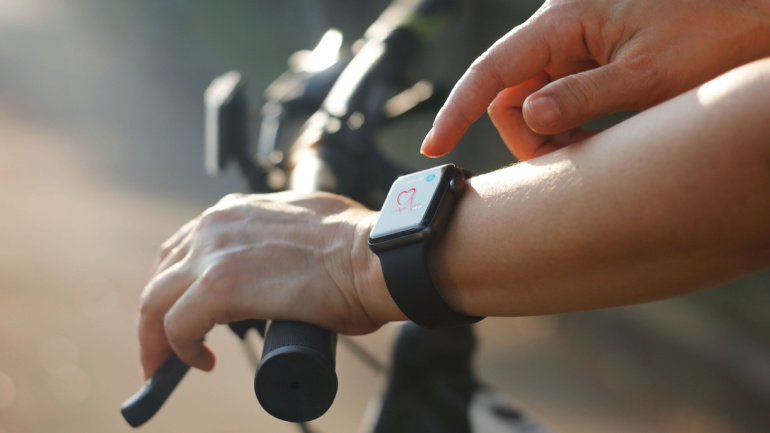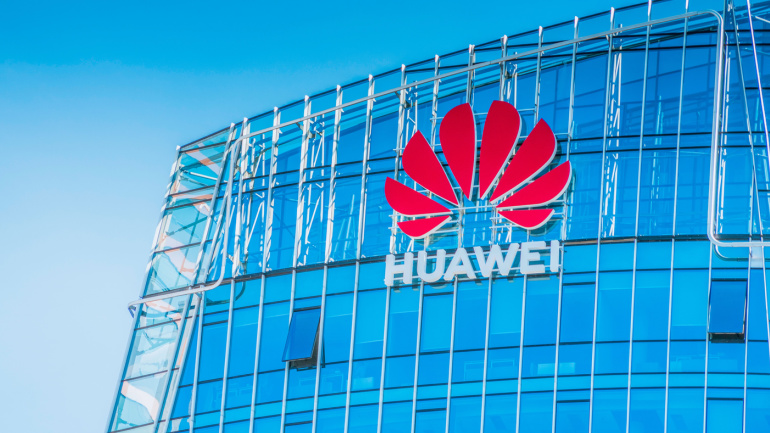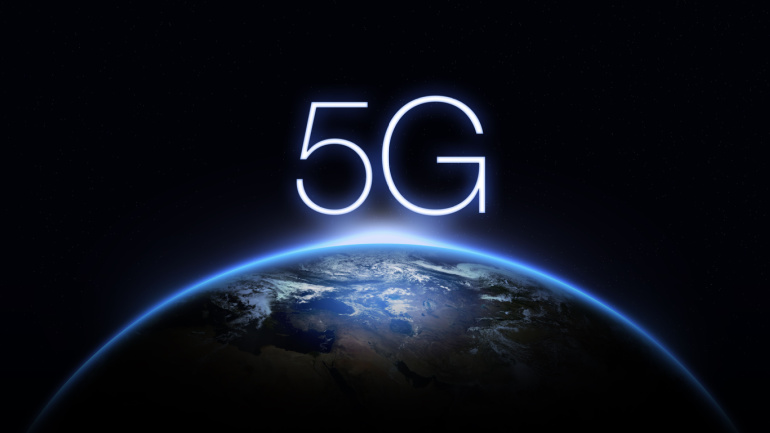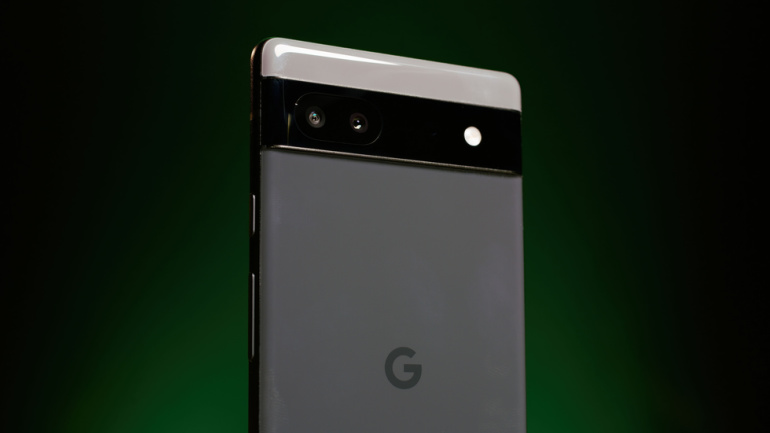Google’s Pixel 8 promises a remarkable seven years of updates, outdoing Samsung. The Pixel 8 Pro boasts advanced computational photography and an FDA-approved body temperature sensor. Microsoft introduces a faster, sleeker Teams app with AI-powered Copilot. Truecaller strengthens fraud detection with Unoideo Technologies acquisition. Snom Americas collaborates with Zoom to enhance the reseller channel with the Snom M500 DECT phone system, offering wireless mobility and crystal-clear audio.
Securing a nearly $2 billion loan, Reliance Jio fortifies its ambition in the 5G arena. The funds will enhance Jio’s growth with the acquisition of leading-edge Nokia 5G equipment. Planning one of the fastest 5G rollouts, it’s further partnering with Samsung and Ericsson. Please note, success breeds competition and Bharti Airtel isn’t far behind.
Amid growing inflation and swelling telecom budgets, the advent of 6G brings in costly implications tied to Radio Access Network (RAN) equipment. As these financial implications loom, The Next Generation Mobile Network (NGMN) Alliance proposes a different approach to 6G implementation that may spare existing 5G infrastructure from unnecessary renewal. They advocate an operator-driven decision process in refreshing the 5G RAN, maintaining that 6G upgrade should not compromise 5G user experience and should be software-upgradable on existing network elements. As 5G capex reaches its peak in markets like the U.S., NGMN’s stance could potentially redefine traditional strategies in introducing new generations of mobile technology.
The global wearable device market has bounced back, with an 8.5% year-on-year increase in Q2 shipments, counteracting a two-quarter decline. This upswing is not all positive news, with the market value taking a hit as competition leads to hefty price discounts. However, a growing preference for comprehensive health tracking provides exciting potential, with major brands and emerging players closely eyeing this trend. An interesting spectrum lies ahead in wearable technology, where even the traditional dominance of smartwatches may be contested by earware.
Telecom equipment expenditure in North America experienced an unexpected downturn in the first half of this year. Despite global telecom hardware revenues remaining steady, North America’s marked decline significantly impacted the total number. In contrast, other markets, particularly Asia-Pacific, showed robust growth. The reasons behind North America’s decline extend to slowing 5G expenditure and reduced spending on broadband access equipment. Looking ahead, no major global alterations are anticipated, though the volatility of the telecom industry hints at potential changes.
The EU’s strategic push under the Digital Markets Act has resulted in mega-tech firms Alphabet, Amazon, Apple, ByteDance, Meta and Microsoft being labelled ‘gatekeepers’. With this new classification, pivotal changes are expected in the realm of digital services for end-users and businesses. Crucial guidelines centering around data transparency, competitiveness, and platform interoperability must now be adhered to. On the other side of the coin, brands such as Samsung have evaded the ‘gatekeeper’ tag.
In a collaboration with Bloomberg, Canadian company TechInsights racks the Huawei Mate 60 Pro under scrutiny, examining whether the covertly launched flagship phone can surpass the considerable limitations imposed on it by the US government.
Reliance Jio Infocomm is arming itself with a significant offshore loan around $2 billion to fuel its 5G ambitions, with sources pointing towards Swedish telecom giant Ericsson as a potential gear supplier. A noteworthy credit safety net from Sweden’s EKN credit agency plays a crucial role in this strategic play, while banking behemoth BNP Paribas is slated to disburse a massive chunk of the offshore funding.
In a bid to keep pace with the recent barrage of tech revelations from its contemporaries, Google has slated October 4th for the grand debut of its latest Pixel phones and the eagerly anticipated Pixel Watch. In a communiqué dispatched to media representatives today, the corporation revealed that the upcoming Made by Google event, synonymous with its in-house hardware premieres, is scheduled for New York City, with the keynote kickoff pegged at 10:00 a.m. Eastern Time.
Notable declines in Open RAN and vRAN revenues for Q2 2023 have been reported by Dell’Oro, suggesting a potential year-on-year reduction if trends continue. While shrinkage was notable across the Americas and the Asia Pacific region, Europe continues to enjoy growth. Nevertheless, the overall RAN market lacks significant growth, making future predictions challenging about these emerging technologies’ share when 6G becomes widespread.













